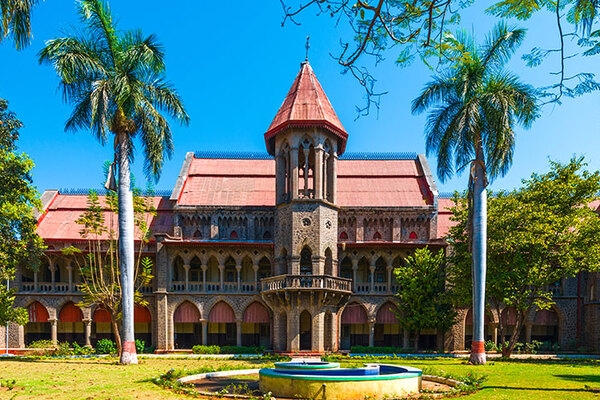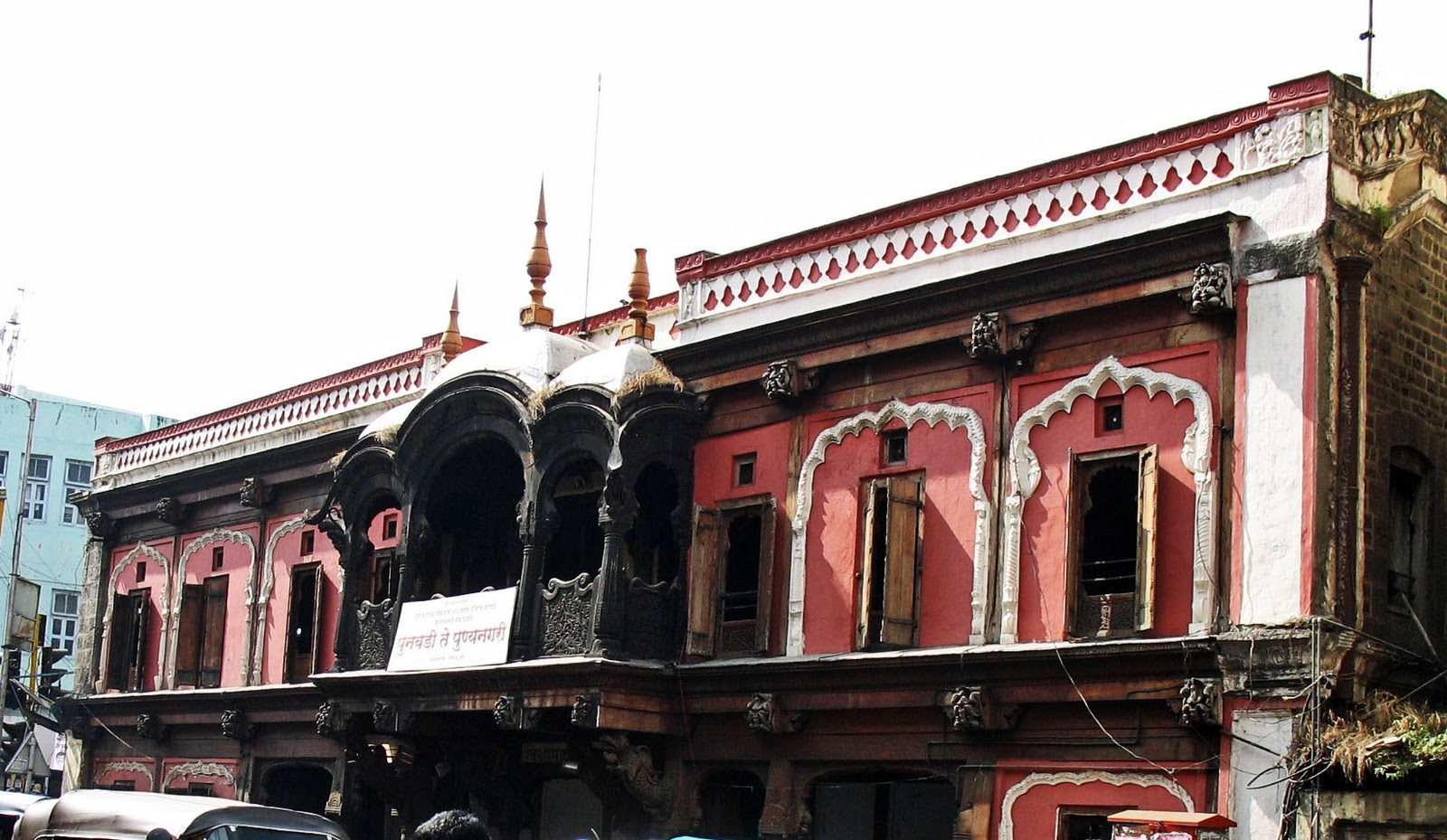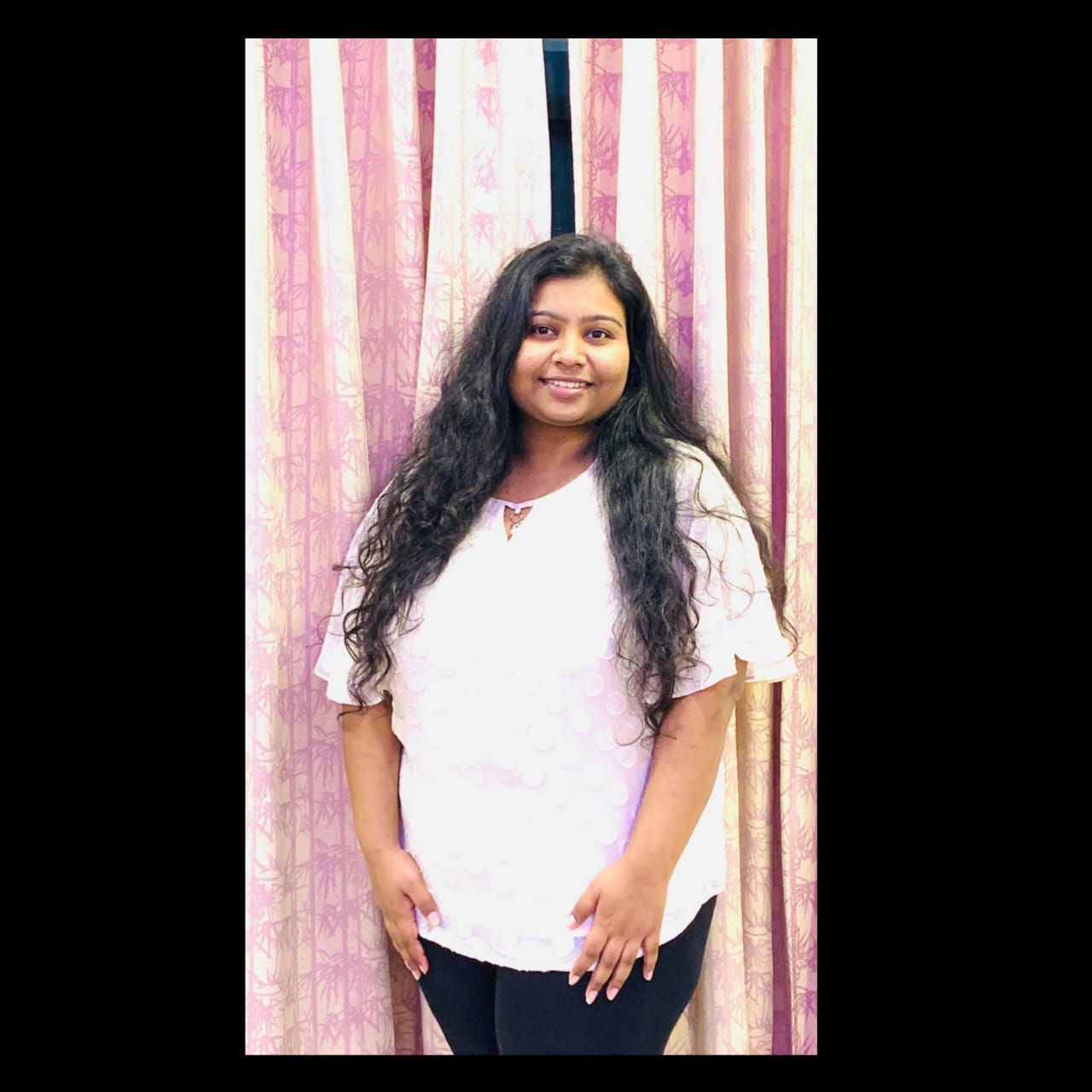Prestigious Deccan College of Pune- A Gift to Bharatiya Education by Maratha Confederacy
With a rich history spanning over two centuries, Deccan College continues to be a beacon of knowledge, fostering research, preservation, and dissemination of India"s rich cultural legacy.
Total Views |
Nestled in the cultural hub of Pune, Maharashtra, Deccan College stands as a testament to India's ancient heritage and academic excellence. Established in 1821, the college has played a pivotal role in shaping the field of Indology and archaeology in India and globally. With a rich history spanning over two centuries, Deccan College continues to be a beacon of knowledge, fostering research, preservation, and dissemination of India's rich cultural legacy.

The Deccan College is one institution that serves as a true connecting link between the Deccan's medieval past and its contemporary phase, which began with British occupation in the early 19th century. The establishment of this college was also a covert technique of acquiring political supremacy over the region, by following a policy of least interference with local people's customs and therefore avoiding alienation of their feelings and sentiments.
On 6th October 1821 Hindoo College was started under the initiative of Mountstuart Elphinstone (Lt. Governor of Bombay Presidency) at Vishrambaug Vada by using the Dakshina Fund, which was created by Khanderao Dabhade, a Maratha Sardar and continued by the Peshwas for propagating Sanskrit studies.
The founding of this educational institution reflects the unparalleled knowledge that Mountstuart Elphinstone, the Governor of the Bombay Presidency, acquired about the land and people of the Deccan indulging their history and cultural and religious institutions as well as his deep and abiding interest in using education as a means for extricating the people from the age-old beliefs, superstitions and prejudices.
Peshwas and the Deccan College:
The Peshwas were always focused on cultivating learning, and a significant sum was set aside each year for the support of educated Pandits and the development of Sanskrit studies. Many learned and deserving scholars were certainly supported by this 'Dakshina' trust, but as is common in times of political upheaval, the original purpose was lost sight of over time, and the fund was in practice open to any claimant, and distribution became essentially huge almsgiving.
The Dakshina money was, of course, seized by the Bombay Government, but a promise had been made that it would be committed to the original purpose of learning. Mountstuart Elphinstone insisted on keeping this pledge, and through his efforts, it was proposed that a special Scholarship be supported by instituting "Dakshina" prizes and building two Hindu Colleges in Nasik and Wai. Finally, in 1821, it was decided to establish a college in Poona and spend Rs.50,000 per year for its care. This was the Poona Sanskrit College, and Sanskrit studies were conducted there in the manner of a regular pathshala.
Why was it started at Vishrambaug Vada?
Pune, known as the Queen of the Deccan, was originally the Peshwas' capital. The Peshwas were significantly responsible for Pune's structural growth throughout their reign, notably the majestic palaces they built. The Vishrambaug Wada is one such Peshwa mansion. The Peshwa was said to prefer the serenity and quiet of Vishrambaug Wada and its surroundings to the busy Shaniwar Wada. He is thought to have lived here with his wife and a battery of servants for about 11 years.

Vishrambaug Wada
In the years after, the wada housed the Hindoo College, a place to study Sanskrit. For an extended period, it was also home to the Vishrambaug High School.
In the year 1851, Hindoo College was renamed Poona Sanskrit College as the Hindooo College and Government English School were merged. It was later renamed Deccan College in the year 1864, and its foundation stone was laid by Sir Henry Bartle Edward Frere (Governor of Bombay). In the year 1868, Deccan College was shitted to Yervada where the main building of the College was built in beautiful Gothic architecture.
Over the next half-century, the University conducted outstanding research in Ancient Indian History, Culture and Archaeology, Linguistics, Mediaeval and Maratha History, Sociology, Anthropology, and Sanskrit studies, in addition to teaching Postgraduate students and producing a galaxy of Ph.D. Dissertations. Professors S. M. Katre, H. D. Sankalia, Irawati Karve, C. R. Sankaran, T. S. Shejwalkar, and their colleagues and successors A. M. Ghatage, M. A. Mehendale, S. B. Deo, M. K. Dhavalikar, and others.
It is now regarded as one of the foremost research centers in Archaeology, History, Linguistics, and Sanskrit. The Bhandarkar Oriental Research Institute, the Bharat Itihas Samshodhak Mandal, and the Deccan College Post-Graduate and Research Institute formed a trifecta of cultural and historical research organizations in Pune for the majority of the twentieth century. Deccan College has been associated with important national and international experts in Indian epigraphy and history since the late nineteenth century. Deccan College is now a Deemed University and is an oasis for reliving history, and not simply researching it.
_202306141524589969_H@@IGHT_400_W@@IDTH_657.jpg)
The Entrance Gate to Deccan College, Pune
Deccan College and its Renowned Alumni:
Since then, Deccan College has had highly acclaimed alumni who have risen to positions of greatness in various walks of life. They include Sir Ramkrishna Gopal Bhandarkar, the celebrated Indologist, Lokmanya Bal Gangadhar Tilak, the great nationalist leader, Gurudev Ramchandra Dattratreya Ranade, the eminent philosopher, Gopal Ganesh Agarkar, the great social reformer, Vishwanath Kashinath Rajawade, the famous historian, Dr. Dwarkanath Kotnis, the famous Indian medical practitioner who rendered yeoman service in China, etc.
Deccan College has been associated with important national and international experts in Indian epigraphy and history since the late nineteenth century. The first Principal of the college was Major Thomas Candy, under whom it remained till 1857.
Several famous Western scholars, ranging from LF Kielhorn to John Burton-Page, were also linked with Deccan College. William Wordsworth (1862-74, poet's grandson) and EA Wodehouse (1931-34, P.G. Wodehouse's brother) were both Deccan College principals.
The College was closed down by the British Government in 1934, due to bad financial conditions, but with the efforts of its past students, the college was revived in the year 1939. It was then renamed to the present name, Deccan College Post Graduate and Research Institute.
Deccan College Library:
_202306141527431926_H@@IGHT_400_W@@IDTH_600.jpg)
Deccan College Library
Just like Gothic architecture, and renowned alumni, Deccan College’s library has its charm. While the institute's current library was originally established in 1939, its history dates back to the former Deccan College's Gymkhana Library and its impressive collection. When the college closed, the majority of its collection was given to other government colleges. The previous library featured thorough catalogs of its about 12,000-volume collection. It was the beginning point of the 1939 treasure hunt to find and rescue the books in the collection. Aside from books, the library has a remarkable collection of over 11,000 manuscripts, the majority of which are in Sanskrit and Marathi.
With its origins, The Deccan College in Pune holds the distinction of being the oldest educational institute in Western India and the third oldest in the country, dating back to 1821. Deccan College stands as a testament to the enduring power of education and the pursuit of knowledge. From its humble beginnings as a Sanskrit College during the Peshwa era to its status as a renowned research institution in the modern age, the college has traversed centuries, adapting and growing along the way. It continues to inspire and empower students, imparting not only academic wisdom but also a deep appreciation for India's rich cultural heritage.


